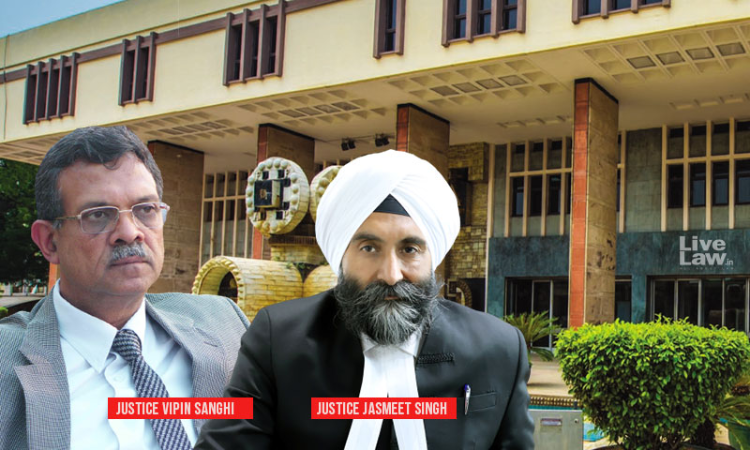What Is The Scope Of Judicial Separation & Divorce Under Hindu Marriage Act, 1955? Delhi High Court Explains
Nupur Thapliyal
21 Feb 2022 10:23 AM IST

Next Story
21 Feb 2022 10:23 AM IST
The Delhi High Court has explained the scope of Judicial Separation and Divorce under the Hindu Marriage Act, 1955. A division bench comprising of Justice Vipin Sanghi and Justice Jasmeet Singh observed that the scope of the two concepts is qualitatively different and that Judicial separation is a completely different relief that the aggrieved spouse may seek against the other, under sec. 10...
